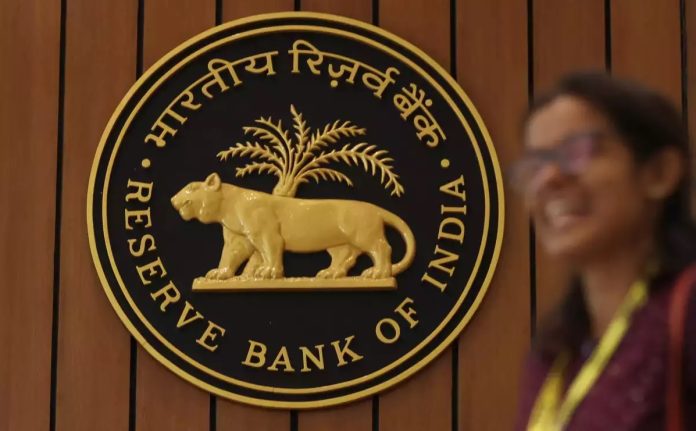Bank Account KYC Updation: RBI has clearly told the banks that the efforts to reduce the number of inactive or frozen accounts will be monitored by the Customer Service Committee of the RBI Board.
Inoperative Bank Accounts: Banking sector regulator Reserve Bank of India (RBI) has ordered banks to reduce the number of inoperative or frozen accounts. RBI has said that banks should make the process of validation of such accounts smooth and easy in which the KYC of customers can be updated through mobile or internet banking, non-home branch, video customer identification process.
Run special campaigns to activate inoperative-frozen accounts
RBI said in its order, for this update, the beneficiaries of central and state government schemes like DBT or EBT should be kept separate from this entire process to maintain the facility of uninterrupted transaction of DBT-EBT amount in their accounts. According to RBI, such cases have been seen in which the accounts have been frozen due to lack of KYC of the beneficiaries’ bank accounts. According to RBI, such accounts are mostly linked to people from the underprivileged sections of the society, so banks should adopt a sympathetic approach in such cases and simplify the process of activating the accounts. RBI has asked banks to run special campaigns to activate inactive or frozen accounts. Apart from this, banks have been asked to provide Aadhaar updation facility to customers through branches providing Aadhaar related services.
RBI will monitor the efforts of banks
RBI has clearly told the banks that the Customer Service Committee of the RBI Board will monitor the efforts to reduce the number of inactive accounts or frozen accounts. Also, banks will have to report to their Senior Supervisory Manager through DAKSH portal on a quarterly basis from 31 December 2024.
Huge trouble in KYC update
RBI said in its notification issued regarding this, the department supervising the regulator has done an analysis in which it was found that the amount deposited in inactive or unclaimed accounts is more than the total deposits deposited with the banks. The main reason for this includes no transaction in bank accounts for a long time and pending KYC update in such accounts. According to the RBI’s Department of Supervision, many such cases have come to light when they contact the bank to activate inactive accounts, they have to face a lot of trouble. RBI in its investigation found that some banks have a large number of accounts pending whose KYC is yet to be updated, due to which banks have been prohibited from making any transaction in such accounts under their own policy.

